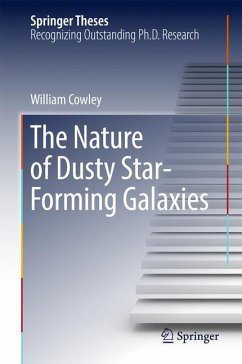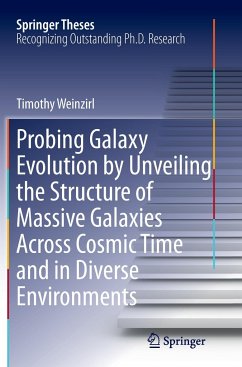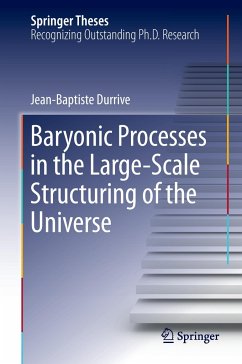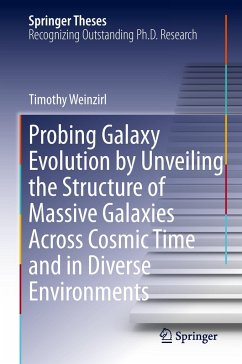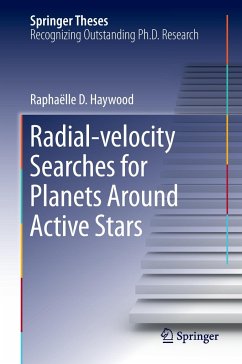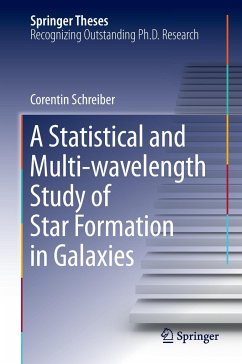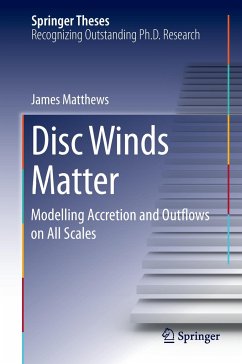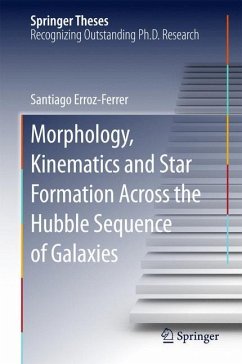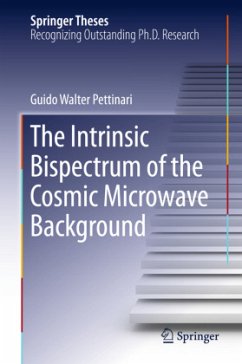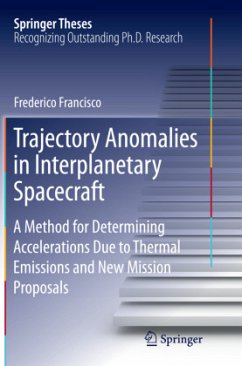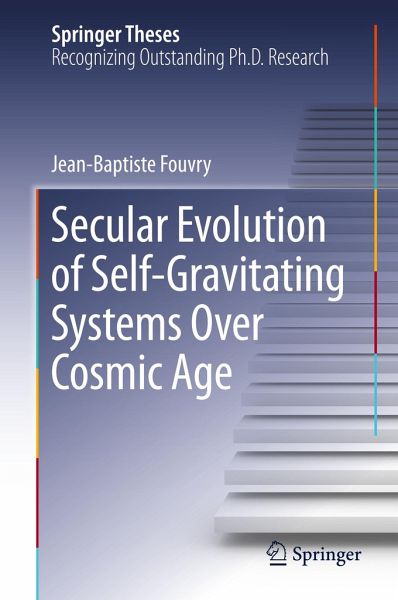
Secular Evolution of Self-Gravitating Systems Over Cosmic Age
Versandkostenfrei!
Versandfertig in 6-10 Tagen
76,99 €
inkl. MwSt.
Weitere Ausgaben:

PAYBACK Punkte
38 °P sammeln!
Tackling galactic evolution in a truly novel way, this outstanding thesis statistically explores the long-term evolution of galaxies, using recent theoretical breakthroughs that explicitly account for their self-gravity. While treating processes statistically, the astrophysical differences on each scale are also captured.As the archetype of self-amplified diffusion, the implications of the thesis go far beyond astrophysics. Gravity is the driving force in galaxies, from their far outskirts to their innermost cores. These "extended kinetic theories" offer unique physical insights into the compe...
Tackling galactic evolution in a truly novel way, this outstanding thesis statistically explores the long-term evolution of galaxies, using recent theoretical breakthroughs that explicitly account for their self-gravity. While treating processes statistically, the astrophysical differences on each scale are also captured.
As the archetype of self-amplified diffusion, the implications of the thesis go far beyond astrophysics. Gravity is the driving force in galaxies, from their far outskirts to their innermost cores. These "extended kinetic theories" offer unique physical insights into the competing dynamical processes at play, complementing N-body approaches.
The thesis successfully gauges the role of nature and nurture in establishing the galaxies' observed properties, using kinetic equations to capture both sources of fluctuations. Further, it shows how secular diffusion shapes the phase space structure of cold stellar disks. The thesis subsequentlydetermines the characteristic timescales and examines the signatures of secular evolution in this framework on two scales: from the kinetic evolution in galactic disks and their thickening via giant molecular clouds; all the way down to the stellar resonant relaxation of the central cluster and its black hole.
As the archetype of self-amplified diffusion, the implications of the thesis go far beyond astrophysics. Gravity is the driving force in galaxies, from their far outskirts to their innermost cores. These "extended kinetic theories" offer unique physical insights into the competing dynamical processes at play, complementing N-body approaches.
The thesis successfully gauges the role of nature and nurture in establishing the galaxies' observed properties, using kinetic equations to capture both sources of fluctuations. Further, it shows how secular diffusion shapes the phase space structure of cold stellar disks. The thesis subsequentlydetermines the characteristic timescales and examines the signatures of secular evolution in this framework on two scales: from the kinetic evolution in galactic disks and their thickening via giant molecular clouds; all the way down to the stellar resonant relaxation of the central cluster and its black hole.





